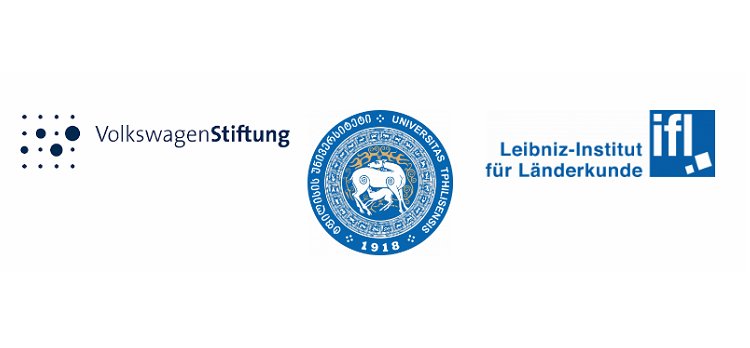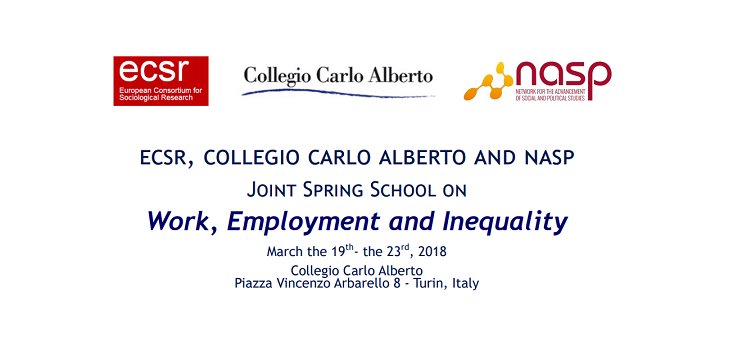About the Marshrutka Project
Minibuses locally known as marshrutkas are a common sight in urban and rural landscapes of Central Asia and the Caucasus. The Marshrutka project deals with the role of the marshrutka mobility phenomenon in the production of post-Soviet urban spaces, in and beyond Central Asia and the Caucasus. It provides an empirically founded contribution to the larger discussion on post-Soviet transformation, and fosters a still under-represented view on post-Soviet transformation, highlighting – through the lens of the marshrutka phenomenon – the bottom-up and everyday emergence of new orders in the fields of economy, morale, urban development and migration. The project is carried out by means of five complementary PhD projects under supervision of academic project partners; in addition, a post-doc based at the IfL in Leipzig is charged with a cross-cutting research project and ensures the conceptual coherence of the project. The project sees its outcomes in terms of a solid and sustainable transfer of knowledge and methods, from German partners towards the academic institutions in the target regions, and vice versa, strengthened local research capacities and infrastructures, and long-lasting research cooperation. The project has started in late 2015, and will be entering into its final phase in 2018. The summer school is therefore designed in order to build upon the research progress done so far, and transform it into high-profile publications, and, furthermore, to strengthen and expand the marshrutka research networks with follow-up projects in mind.
The Marshrutka Project Summer School 2: Eurasian Mobilities in a Global Perspective





Leave a Reply